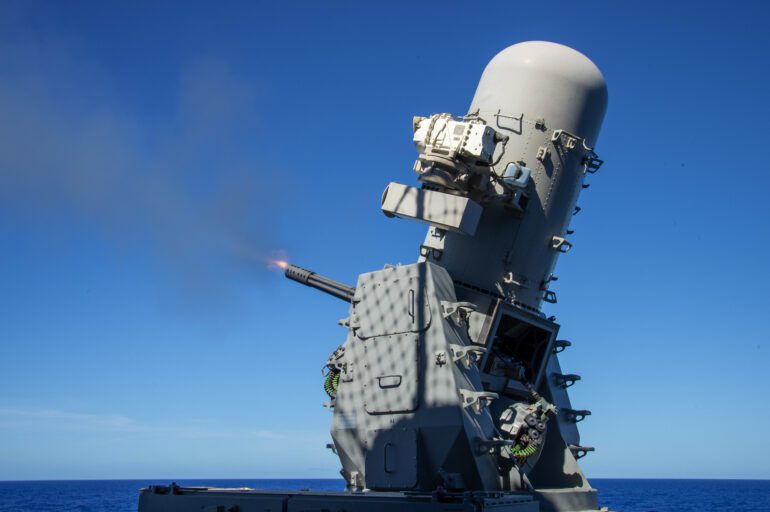TL;DR:
- The recent session of the AI in Weapons Systems Committee discussed ethical and legal concerns of AI in weapons.
- Testimony from experts highlighted the potential risks of AI in defense and security.
- Professor Taddeo highlighted three main issues: the unpredictability of outcomes, difficulty attributing responsibility, and the potential for AI systems to perpetrate mistakes more effectively than humans.
- Verity Coyle emphasized potential human rights concerns raised by autonomous weapons systems, particularly the right to life and human dignity.
- The experts recommended a legally binding instrument that mandates meaningful human control over the use of force and prohibits certain systems.
- Coyle provided an example of an existing AWS, the Kargu-2 drones deployed by Turkey, which have autonomous functions that can be switched on and off.
- Coyle stated that any system targeting humans should be banned.
Main AI News:
The use of artificial intelligence (AI) in weapons systems has become a topic of increasing debate, with experts voicing concerns about the ethical, legal, and technical implications of such technologies. Recently, the Artificial Intelligence in Weapons Systems Committee held a public evidence session, inviting experts to discuss the potential bans on specific autonomous systems and the broader implications of AI in defense and security.
During the session, Professor Mariarosaria Taddeo, Dr. Alexander Blanchard, and Verity Coyle provided testimony on the challenges of AI in weaponry. Taddeo highlighted three primary issues with the implementation of AI in weapons systems, stating that the technology’s unpredictability of outcomes, difficulty attributing responsibility, and potential to perpetrate mistakes more effectively than humans make it a form of agency that requires careful consideration.
As such, Taddeo emphasized the need for caution and a step back when discussing AI’s implementation in weapons systems, highlighting that it is not just a new tool like any other digital technology but a unique form of agency with significant ethical and legal implications.
During the session, Coyle, a Senior Campaigner/Adviser at Amnesty International, expressed concerns about the potential human rights implications of autonomous weapons systems (AWS). She argued that without meaningful human control over the use of force, AWS could not comply with international humanitarian law and international human rights law, undermining the fundamental elements of human rights law, such as the right to life, remedy, and human dignity.
Coyle warned that we are approaching the operational deployment of such systems and highlighted the need for a legally binding instrument that mandates meaningful human control over the use of force and prohibits certain systems, especially those targeting human beings. Coyle provided an example of Kargu-2 drones deployed by Turkey, which have autonomous functions that can be turned on and off, further emphasizing the need for caution.
Coyle’s stance on existing AI-driven defense systems, such as the Phalanx used by the Royal Navy, was clear: any system that targets humans should be banned. Such an approach would ensure that the development of AI in weapons systems remains within the bounds of international law and that human rights and dignity are not compromised.
As the development of AI in weapons systems progresses, it is essential that ethical and legal considerations remain at the forefront of decision-making. The establishment of a binding instrument that prioritizes meaningful human control over the use of force is necessary to ensure that the deployment of such systems is in compliance with international law and human rights. Only then can we harness the power of AI while minimizing the risks associated with the development and use of such technologies.
Conlcusion:
The concerns raised by experts in the recent AI in Weapons Systems Committee session have significant implications for the market. The establishment of a legally binding instrument that mandates meaningful human control over the use of force and prohibits certain systems could potentially limit the development and deployment of certain AI-driven defense systems. This would require companies to approach AI in weaponry cautiously and prioritize ethical and legal considerations in their decision-making. As regulations become stricter, the market for AI in defense and security may become more limited.

